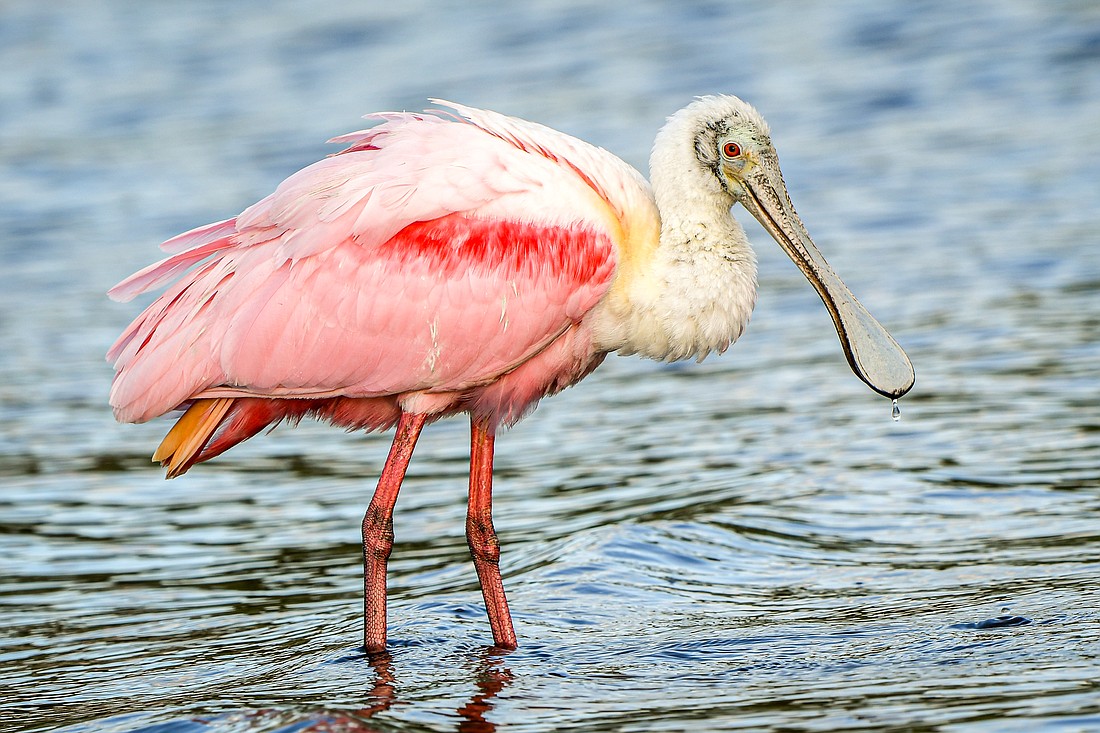- April 28, 2024
-
-
Loading

Loading

On Dec. 18, 2023, 50 participants gathered for the annual Myakka River Bird Count. The count took place in a 15-mile-wide circle, within which all birds seen or heard were tallied.
Despite winds so strong they created white caps on the Lower Myakka Lake, a total of 14,386 individual birds were counted. And an impressive 124 species were identified, including a new record: a single house finch.
The National Audubon Christmas Bird Count, now in its 124th year, is one of the longest running citizen science events in the world. It was first held in 1900 as an alternative to traditional Christmas “side hunts,” where teams competed to see who could shoot the most birds.
Conservationists, recognizing these hunts were devastating bird populations, proposed an alternative — counting, rather than shooting, the birds.
From CBC records, scientists can draw insights about the abundance of species and how their ranges are shifting year to year and decade to decade. As 3 billion birds — 1 in 4 breeding birds — have disappeared from the U.S. and Canada in the last 50 years, such insights can inform critical conservation action required to protect birds and the habitats they need to survive.
The Myakka River CBC, now in its 77th year, helps illustrate the park's growing importance to birds.
For example, consider the case of roseate spoonbills, a favorite with park visitors, and a state-threatened species. Thirty years ago, 90% of Florida's roseate spoonbills nested in Florida Bay and the coastal Everglades. In the early 1980s, the first spoonbills started moving north to find new habitats, due to deteriorating conditions resulting from development. Rising sea levels, which impact their ability to feed, and climate change have dramatically shifted this species' range north.
Of note, a few spoonbills were first recorded during the 1979 Myakka River CBC. And over the past two decades, their annual counts have grown.
This year, due to seasonally dry conditions, low water levels in the park created extensive shoreline and shallows — perfect habitat conditions not only for 145 roseate spoonbills but also for countless other wading birds and waterfowl (which were counted too!).
Friends of Myakka River exists to support Myakka River State Park and the Wild and Scenic Myakka River. Together, we're protecting and sharing Myakka's Magic, to the benefit of future generations, and our own. Follow us @FriendsofMyakkaRiver